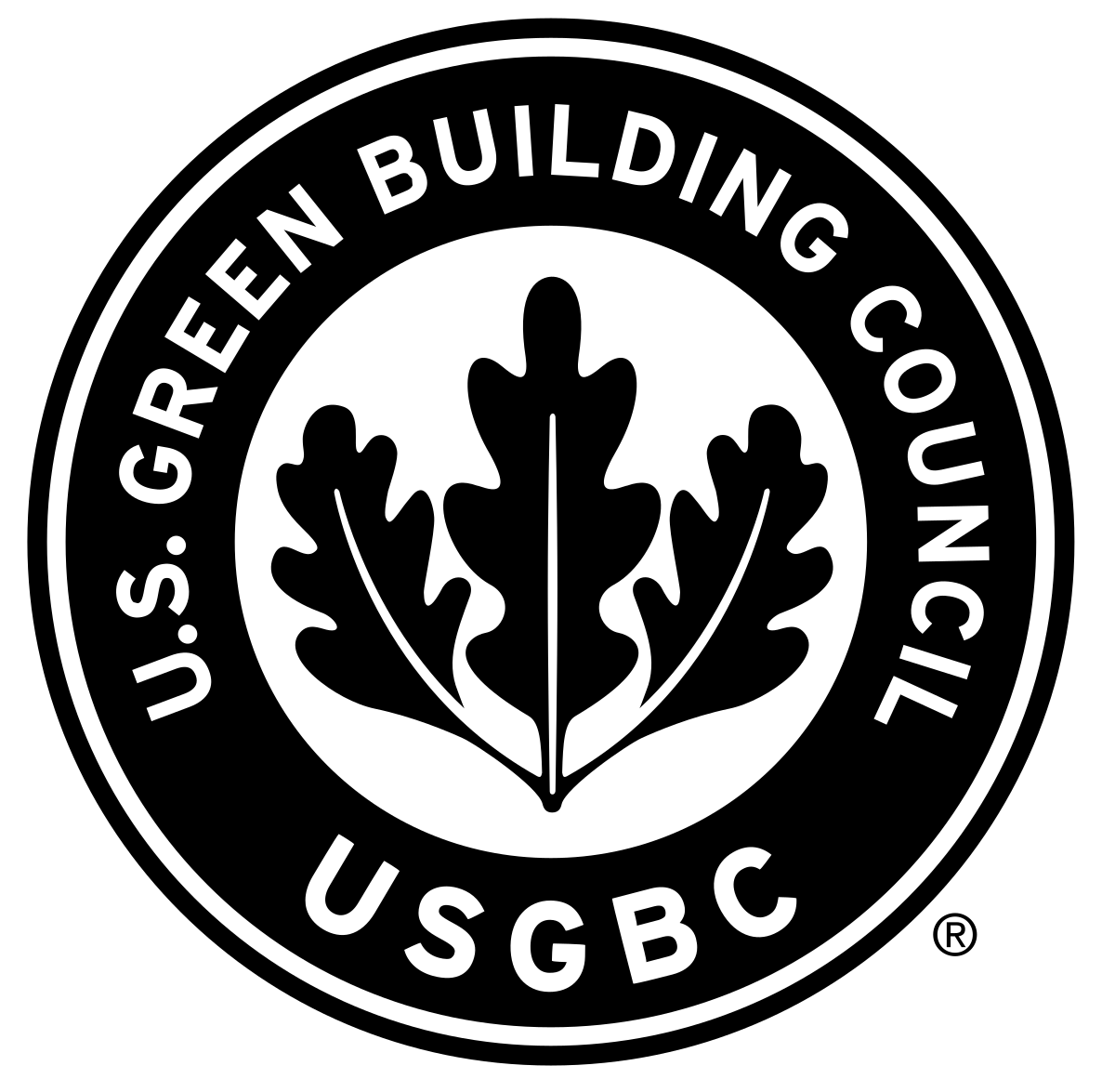Photo: The LEED for Cities Certification, part of the council’s Local Government Leadership Program, supports local governments in achieving certification through the LEED for Cities rating system.
By Lindsey Coulter
WASHINGTON — The U.S. Green Building Council (USGBC) has announced the 16 local governments selected to participate in the 2025 LEED for Cities Certification Cohort, a national program designed to help municipalities enhance sustainability, resilience and quality of life for residents.
The annual cohort, part of the council’s Local Government Leadership Program, supports local governments in achieving certification through the LEED for Cities rating system. Participating jurisdictions receive technical guidance to set goals, collect data and evaluate progress on environmental, social and economic performance metrics.
“City governments play a critical role in advancing public and environmental health, resilience and economic prosperity across their communities,” said Peter Templeton, president and CEO of the U.S. Green Building Council, in a statement. “We applaud this cohort for prioritizing these outcomes and committing to meaningful actions on sustainability and community well-being.”
The 2025 cohort represents a combined population of more than 14 million people. The selected jurisdictions are:
- Ashland, Mass.
- Aurora, Ill.
- Brighton, Colo.
- Cook County, Ill.
- Delray Beach, Fla.
- Farmers Branch, Texas
- Harris County, Texas
- King County, Wash.
- Lafayette, Ind.
- Lincoln, Neb.
- Mercer Island, Wash.
- Milwaukee, Wis.
- Pittsburgh, Pa.
- Riverside, Calif.
- Sun Prairie, Wis.
- West Lafayette, Ind.
Since the program launched in 2017, nearly 120 local governments—representing more than 55 million people—have participated. The LEED for Cities rating system allows local governments to benchmark performance in areas such as energy use, mobility, green space, stormwater management, procurement and green building policy.
The Local Government Leadership Program also includes regional leadership summits that promote peer learning and the exchange of best practices. In addition, LEED for Cities Accelerators help communities that are new to the program navigate the certification process and begin tracking key sustainability metrics.
The program is made possible through a partnership with Bank of America, a long-time supporter of the council’s mission. Since 2011, the bank has contributed more than $4.55 million in grant funding to the U.S. Green Building Council. It has also incorporated sustainability into its own operations, with more than 21 million square feet of certified green building space worldwide. The company aims to certify 40% of its global workspace by 2030.
“By equipping local leaders with data-driven tools and a clear roadmap, LEED for Cities helps deliver tangible benefits today while laying the foundation for long-term sustainability,” Templeton said in a statement.
The LEED for Cities program is part of the council’s broader mission to transform how buildings and communities are designed, built and operated, enabling socially responsible and environmentally healthy living and working spaces.
For more information, visit usgbc.org/leed-for-cities.


